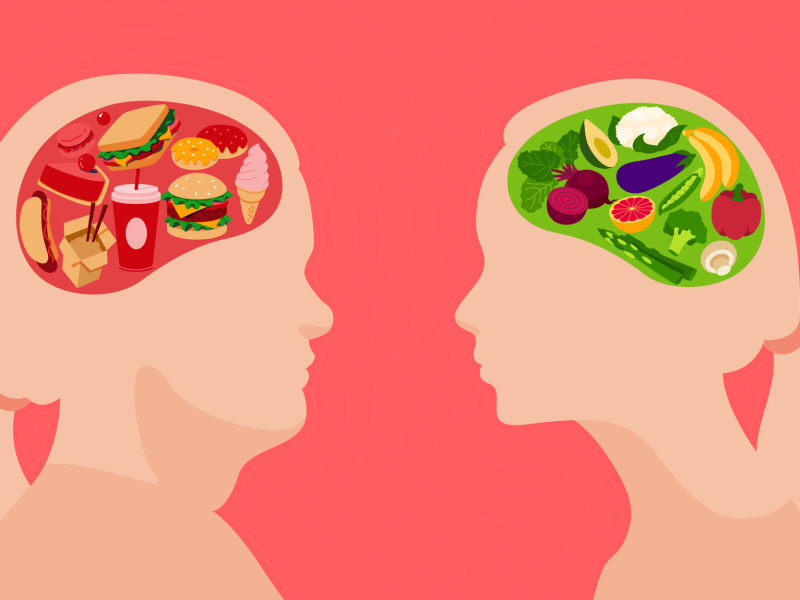In today’s fast-paced world, many people find themselves struggling with low energy levels throughout the day. However, by making simple changes to your diet, you can boost your energy levels and improve your overall well-being. This article will explore different foods and eating habits that can help increase your energy levels naturally.
The Importance of a Balanced Diet
One of the key factors in maintaining high energy levels is consuming a balanced diet. This means incorporating a variety of macronutrients such as carbohydrates, proteins, and fats, as well as micronutrients like vitamins and minerals.
Carbohydrates are especially important for energy production as they are the body’s main source of fuel. Opt for complex carbohydrates found in whole grains, legumes, and fruits, as they provide a steady release of energy over time, avoiding sugar crashes.
Ensure you also include lean proteins in your diet as they help build and repair tissues, promoting optimal energy production. Include sources like lean meats, fish, beans, and tofu to increase your protein intake.
Fats, although often vilified, are essential for energy and hormone balance. Choose healthy options such as avocados, nuts, and olive oil to provide sustainable energy throughout the day.
Lastly, make sure to consume a variety of fruits and vegetables as they are packed with essential vitamins and minerals that support energy production and overall health.
The Power of a Balanced Breakfast
Starting your day with a nutritious breakfast sets the tone for your energy levels throughout the day. Avoid skipping breakfast as it can leave you feeling sluggish and fatigued.
Include sources of complex carbohydrates like oats or whole-grain bread, which provide long-lasting energy. Incorporating lean proteins such as eggs or Greek yogurt helps stabilize blood sugar levels and keeps you feeling full and energized.
Don’t forget to add in a serving of fruits or vegetables to boost your intake of essential vitamins and minerals. This can be easily achieved through a smoothie or by adding sliced fruits to your breakfast bowl.
Eating for Sustained Energy Throughout the Day
In order to maintain steady energy levels throughout the day, it is important to schedule regular meals and snacks. Aim to have three balanced meals and two to three small snacks evenly spaced throughout the day.
Include a combination of healthy carbohydrates, proteins, and fats in every meal or snack to provide sustained energy. Snack on nuts and seeds, Greek yogurt, or whole-grain crackers to keep your energy levels stable in between meals.
Avoid relying on processed foods or sugary snacks, as they may provide a temporary energy boost followed by a crash. Opt for natural and whole foods that provide a steady release of energy, keeping you productive and focused.
The Role of Hydration
Staying hydrated is often overlooked when it comes to energy levels. Dehydration can lead to feelings of fatigue and sluggishness.
Make sure to drink enough water throughout the day, aiming for at least eight glasses. Additionally, include hydrating foods such as fruits and vegetables with high water content to further support hydration.
Limit your intake of diuretic beverages like coffee and alcohol, as they can contribute to dehydration. If you do consume them, remember to compensate with extra water to counterbalance their effects.
Conclusion
By making conscious choices about the foods you eat and maintaining a balanced diet, you can significantly increase your energy levels. Incorporate a variety of nutrient-dense foods, consume a balanced breakfast, and schedule regular meals and snacks. Additionally, stay hydrated and make sure to listen to your body’s hunger and fullness cues.
Remember, energy levels are influenced by multiple factors, so it’s important to prioritize sleep, exercise, and stress management alongside a healthy diet for optimal results. With these strategies in place, you’ll be well on your way to increased energy and improved overall well-being.


